Posts
- Home /
- Posts

ClickHouse: It's fast
In an era of substantial data generation, conventional database systems frequently encounter challenges with the scale and demand for rapid query responses. ClickHouse is an open-source, column-oriented Database Management System (DBMS) for Online Analytical Processing (OLAP), facilitating real-time analytical reports from SQL queries. Initially developed by Yandex, it was engineered for exceptionally fast processing of large-scale analytical queries.3 ClickHouse’s high performance is attributed to an innovative storage design that makes processing massive datasets more manageable.

Navigating the GitLab repository
If you’ve ever needed to debug a GitLab issue or understand how a particular feature works, you’re in luck – GitLab’s open-source nature means all the answers are right there in the code. But with over 2 million lines of code spread across thousands of files, finding those answers can feel like searching for a needle in a particularly large and complex haystack.

Managing Multiple GitLab Identities for Home and Work
Many developers need to interact with GitLab using different identities – a personal account for passion projects and a work account for professional endeavors. Juggling these can be cumbersome, leading to accidental commits with the wrong email or access issues. This guide provides a step-by-step approach to configuring your system to seamlessly manage multiple GitLab profiles, automatically selecting the correct SSH keys and user configurations based on the repository’s location.

Token-Zero: When you need a token to create a token
When automating a GitLab installation, you’ll often need to create “token zero” - the first access token used to bootstrap your automation processes. Unlike the initial root password, this token is specifically scoped for API interactions during setup. This creates a chicken-and-egg situation: you need a token to make API calls, but you need to make an API call to create a token.

Simulating GitLab Activity
Self-hosted GitLab instances are critical infrastructure for many organizations. While setting up GitLab is straightforward, operating it at scale requires deep understanding of its behavior under real-world conditions. This is where user activity simulation can become invaluable.

Building a Blog with Hugo and GitLab Pages
Setting up a personal blog doesn’t have to be expensive or complicated. In this guide, I’ll walk you through creating and hosting a blog using Hugo (a fast static site generator) and GitLab Pages (free hosting) - complete with a custom domain name and SSL certificate. The best part? Outside of the cost of a domain name it’s completely free!

A New Blog
I’ve finally taken the plunge and committed to sharing my DevOps experiences through this new blog. After years of wrestling with pipelines, debugging deployment issues, and celebrating those sweet moments when everything just clicks, I figured it’s time to give something back to the community that has taught me so much. I’ll be sharing both the wins and the “learning opportunities” (aka the times things went spectacularly wrong) that come with working in DevOps.